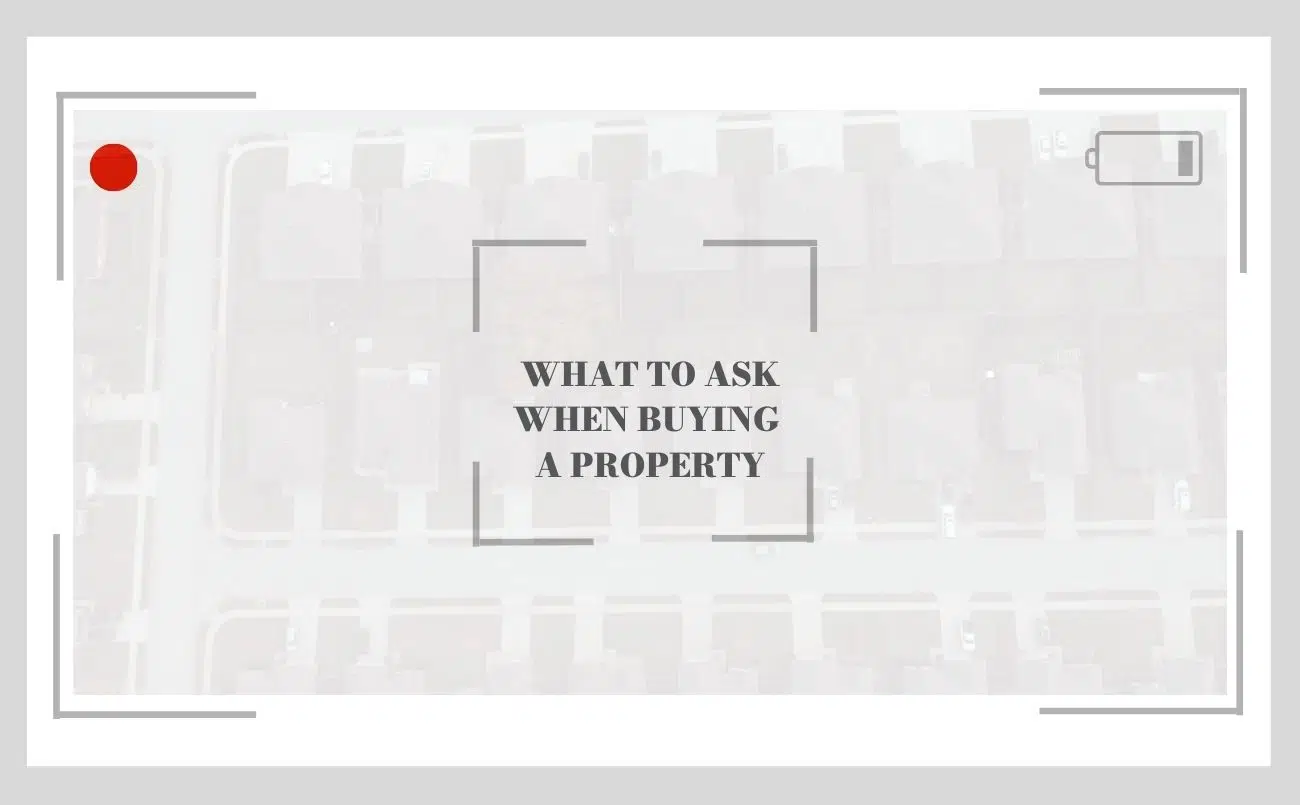
To avoid any anguish or disappointment, it’s important to know what to ask when buying a property. Knowledge is power. The more you ask, the better prepared you will be should you offer.
Sellers motivations and timeline
Take a deep dive into the sellers rationale behind selling. You aren’t being nosey, okay you are but this will prove invaluable should you decide to offer on the property. Not only will you be able to frame your offer to suit your sellers ideal scenario, but you will also know what competition, if any, you are up against.
- Reasons for selling
- Where are they going and when?
- How long has the property been on for?
- Are there any other offers?
- Has the property ever been broken into?
- What are the neighbours like?
- Any historical disputes?
Property Information
By finding out as much information as possible about a property you will know what future works may need to be done and what you will be responsible for. For example; EPC ratings on new rental properties are due to increase to band C in 2025 and existing properties by 2028. Therefore if the property is for investment purposes, you need to factor in any upgrading costs. For private residential properties; the Government is leaning on Lenders, to make their portfolio’s more green. Meaning borrowing costs on a property with a low energy efficient rating, could prove more costly.
- Share of Freehold, Leasehold, Freehold
- Any additional works done
- Is there a sinking fund
- Broadband signal strength
- EPC rating
- Water pressure
- EWS1 Form issues
- Communal area responsibility
- Do the lifts ever breakdown
- Roof responsibility – any works scheduled, any works done
Area Information
It’s easy to fall in love with a home, but if you don’t check out the immediate vicinity you may find your new abode is cut off from everything you like to do. Or worse, it may have a totally different outlook in 18 months time.
- Area crime rate
- Transport links
- Planning developments
- Local amenities
- Schools/Nurseries (availability too)
Property living costs
When you buy a property, you generally know your initial out going costs – Property price, mortgage repayments, stamp duty, solicitor costs etc. However, it’s important to have an idea of the properties running costs, so you can budget accordingly or know your bidding limits.
- Oil/ water costs
- Gas/Electricity costs
- Council tax
- Local School fees
- Commuter costs
- Service charge/ ground rent/ property management
Damage Limitation
You have a property survey for a reason but before you get to that stage, play detective. This will help you work out additional costs relating to the property.
- Are the fireplaces working? Have the Chimneys recently been cleaned?
- When was the time the gutters were cleaned?
- What age is the Boiler? Has it been serviced recently?
- Are there any recent Electrics/ Gas Certs
- Observe the general wear and tear – Signs of Damp/Cracks/Windows
Lastly and more importantly, is the question to ask yourself.
After all of this, could you still afford the mortgage if the base rate goes up to 3pc and live comfortably?
Remember, no property is perfect but knowing what to ask when buying a home, will mean you will avoid any nasty surprises further down the property progression line. And if it all seems too much, get a UK buying agent to do it for you:)





